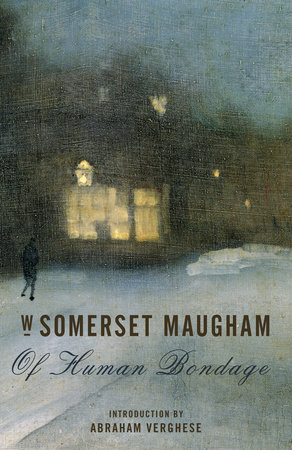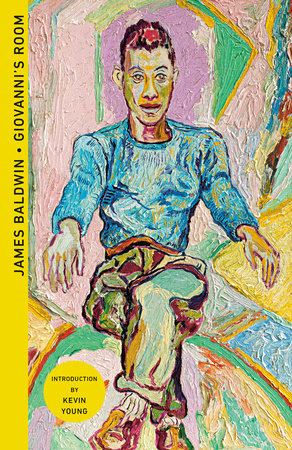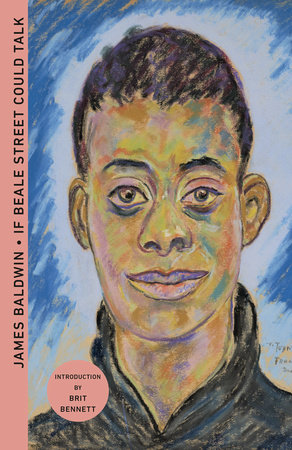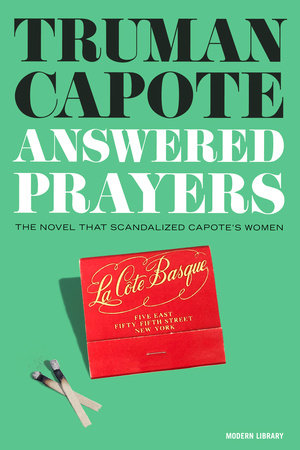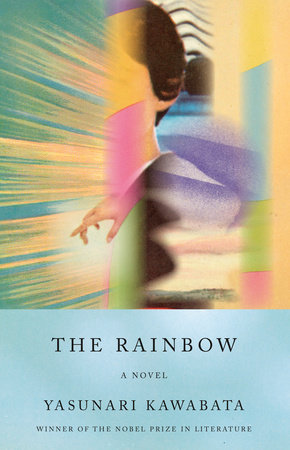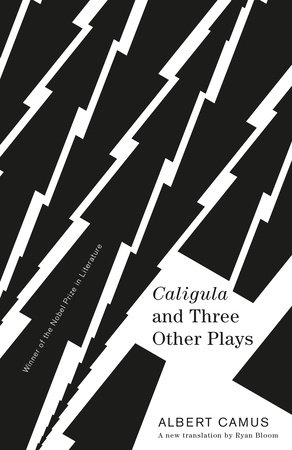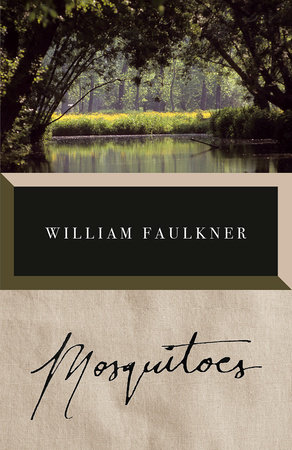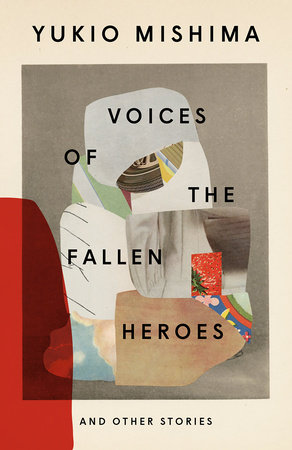
Voices of the Fallen Heroes
And Other Stories
Yukio Mishima; Edited by Stephen Dodd; Introduction by John Nathan
About the Book
In the title story, "Voices of the Fallen Heroes," a séance brings forth the spirits of young officers in the Imperial Army and the kamikaze pilots of World War II, who reproach the Emperor and mourn Japan’s modern decline. In another, Mishima recounts the true story of the time a deranged fan broke into his home at dawn, insisting on meeting the author and imploring him to "tell the truth." Elsewhere, a beautiful youth achieves eternal life through violent murder, and an ill-matched couple seal their fate with a pack of cards, tangled in the web of time and unfulfilled desire.
Available in English for the first time, and carefully selected by a team of expert translators, these captivating stories serve as the perfect introduction to Mishima's work, on the 100th anniversary of his birth.



